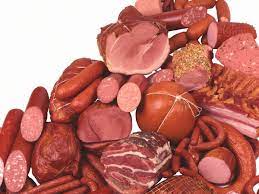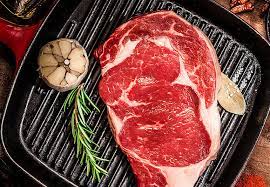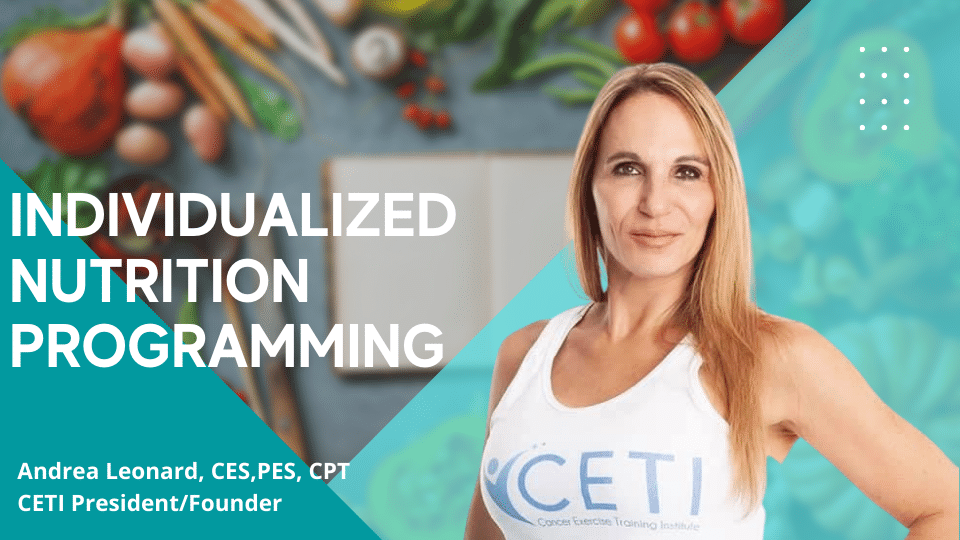What is the Connection Between Red and Processed Meats and Cancer?
There is a well-established connection between the consumption of red and processed meats and an increased risk of cancer. This association has been studied extensively, and the evidence comes from various sources, including epidemiological studies and research conducted by organizations such as the World Health Organization (WHO) and the International Agency for Research on Cancer (IARC).
 Processed Meats and Cancer: Processed meats include products like bacon, sausages, hot dogs, ham, and some deli meats. These meats are typically treated with various methods to enhance flavor and shelf life, such as smoking, curing, or adding preservatives. The primary concern with processed meats is the presence of chemical compounds like nitrites and N-nitroso compounds, which can form during processing. These compounds have been classified as Group 1 carcinogens by the IARC, meaning there is sufficient evidence that they can cause cancer in humans. Consuming processed meats is associated with an increased risk of colorectal cancer, as well as a possible link to stomach cancer.
Processed Meats and Cancer: Processed meats include products like bacon, sausages, hot dogs, ham, and some deli meats. These meats are typically treated with various methods to enhance flavor and shelf life, such as smoking, curing, or adding preservatives. The primary concern with processed meats is the presence of chemical compounds like nitrites and N-nitroso compounds, which can form during processing. These compounds have been classified as Group 1 carcinogens by the IARC, meaning there is sufficient evidence that they can cause cancer in humans. Consuming processed meats is associated with an increased risk of colorectal cancer, as well as a possible link to stomach cancer.
 Red Meats and Cancer: Red meats, which include beef, pork, lamb, and some game meats, have also been linked to an increased risk of cancer, particularly colorectal cancer. The association with red meat is classified as Group 2A by the IARC, meaning it is probably carcinogenic to humans. While the evidence is not as strong as that for processed meats, it suggests that high consumption of red meat, especially when cooked at high temperatures or to well-done levels, may contribute to cancer risk.
Red Meats and Cancer: Red meats, which include beef, pork, lamb, and some game meats, have also been linked to an increased risk of cancer, particularly colorectal cancer. The association with red meat is classified as Group 2A by the IARC, meaning it is probably carcinogenic to humans. While the evidence is not as strong as that for processed meats, it suggests that high consumption of red meat, especially when cooked at high temperatures or to well-done levels, may contribute to cancer risk.
The mechanisms by which red and processed meats may increase cancer risk are not entirely understood but may involve factors like the presence of heme iron, cooking methods that produce carcinogenic compounds, and their impact on the gut microbiome.
It’s important to note that the increased risk associated with red and processed meats doesn’t mean that consuming these foods will inevitably lead to cancer. However, reducing their consumption and incorporating a balanced diet with plenty of fruits, vegetables, and whole grains can lower your overall cancer risk. Health organizations, such as the American Cancer Society and the World Cancer Research Fund, recommend limiting the consumption of red and processed meats as part of a healthy eating pattern to reduce cancer risk.

By achieving good overall health, proper nutrition can help reduce the risk of cancer, keep you healthier during treatment, and combat side effects and illness. Andrea will work together with you to optimize your nutrition, improve your energy levels, and ultimately improve your immune system and the health of your gut microbiome. Your sessions will include:
- Determining your individual nutrition needs
- Identifying deficits and suggesting supplements
- Evaluating your current eating plan
- Education about label reading, nutrients, and quality of food
- Meal planning and prep
